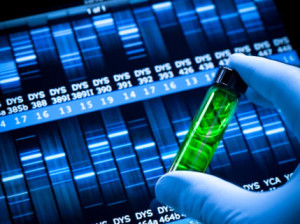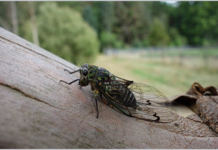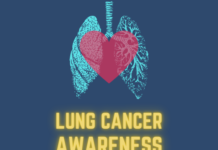
Unfortunately, with the female reproductive system comes a variety of health problems. Endometriosis is one, along with other issues involving the uterus, such as fibroids, though there is the opportunity to have treatment of uterine fibroids. There are also issues that can involve the ovaries. Ovarian cancer is the fifth leading cause of death for women in the United States. One in every hundred women will die of ovarian cancer this year. That, alone, equates to thousands of women. In fact, doctors still studying ovarian cancer in order to better treat it. Since the ovaries are by the bladder, some of its symptoms include digestion or urinary problems. This leads to a misdiagnosis-which could be dangerous.
A woman’s reproductive history determines if she may be at risk. Expectant mothers, younger than age 26, often have a lower risk of ovarian cancer. This includes all mothers within that age group that carried their baby to term. The mother’s risk goes down with each baby they carry for the full nine months. Women having children after 35, however, have a higher risk of ovarian cancer. Each full-term pregnancy puts them at risk for the deadly cancer.
Likewise, the use of fertility drugs also increases a woman’s chance of ovarian cancer. Studies indicate, however, that this is true for women who did not conceive while taking the fertility treatments. Those women that are infertile, even when no fertility drugs are taken, may still be at a high risk for ovarian cancer. Ask your doctor about the risk factors with each medication. This is going to help you make an informed choice on your health and your future.
A family history of ovarian cancer may also put you at higher risk. Breast cancer in your family may also be indicate whether you’ll encounter cancer of the ovaries. Unfortunately, these two cancers run through family trees. Discussing your family history with your doctor can be a good deduction whether or not you’re a risk. Keep in mind, too, that ovarian cancer just doesn’t run down your mother’s side of the family tree. It can also be passed down through your father’s genes.
Age is also a contributing factor. The majority of ovarian cancer patients are 55 or older. Their reproductive years have passed and often a person’s genetics change. Doctors still aren’t sure what causes this cancer which is why they’re deeply researching studying it. But, the median age group of patients seems to be 55-63 years old. If you’re between these ages, go to your doctor and get a regular check up. Have them check anything that could put you at risk so you can survive this cancer.
Finally, those that use a hormone therapy during menopause may be at risk for this cancer. Women who use these treatments for five or more years are a much higher risk then those that use alternative treatments. This is due to patients medically giving their bodies more estrogen than it can handle. Those women that had a hysterectomy may also be at risk for ovarian cancer. It’s better to be informed and know the facts then to not be prepared. Open the discussion with your doctor. If you’re at risk, start treatment to help fight the good fight.












































